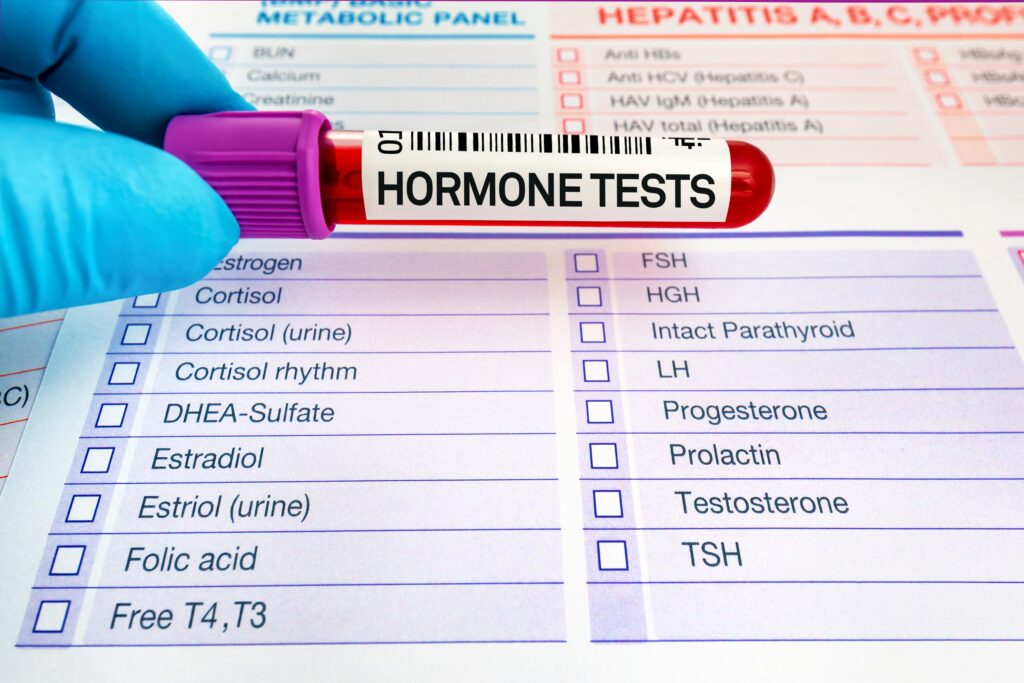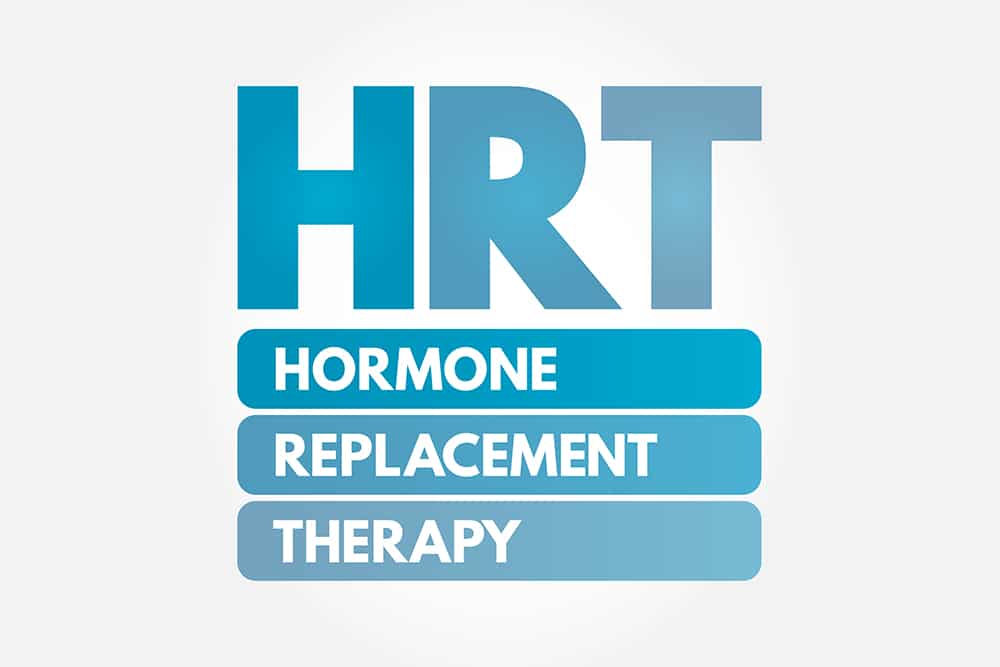The menopause is often seen as a private matter and many women feel it is stigmatised in the workforce and throughout society. Due to this, research into the menopause and its symptoms, knock on effects, and the impact it has on wider health implications isn’t investigated as thoroughly as we’d like.
Here at Bodyline throughout Menopause Month, we’d like help spread awareness of the impact that menopause has on women and their general health and wellbeing, including by increasing their risk of heart disease.
What is the menopause?
The menopause happens at the end of a woman’s reproductive life, when a change in hormone levels means she is unable to have children or menstruate any longer. These hormonal changes can cause several symptoms that vary from woman to woman. Without the necessary resources, support, and education, menopausal women may face challenges due to debilitating symptoms and health risks associated with menopause.
A survey conducted by the House of Commons’ Women and Equalities Committee found that the most common menopausal symptoms reported by women include difficulty sleeping, problems with memory and concentration, hot flashes, night sweats, anxiety, and depression. These symptoms significantly impact women’s ability to concentrate, increase stress levels, and reduce confidence, with 31% of respondents needing to take time off work due to their symptoms.
Contact Bodyline today to find out more about our hormone replacement therapy services
Is heart disease linked to menopause?
The impact of menopause on women’s health goes beyond symptoms alone. Menopause also increases the risk of cardiovascular diseases such as heart disease, strokes, and high blood pressure. Cardiovascular disease is a leading cause of premature death in both men and women and has been quoted in 20% of all female deaths. Menopause and cardiovascular disease are closely linked, posing a dangerous risk to the health and productivity of women in the UK workforce.
The British Heart Foundation report that prior to the menopause, women generally have a lower risk cardiovascular heart disease. But once a woman has been through the menopause, that is once it has been one year since her last period, the risk of heart disease rises.
Why does risk of heart disease increase after the menopause?
The menopause is triggered when levels of the female hormones like estrogen and progesterone fluctuate and drop drastically, eventually stopping reproductive functions in the body. As a result, a woman no longer has periods or the ability to conceive.
However, estrogen has other benefits in the body. Estrogen helps keep arteries open and relaxed, preventing cholesterol from building up and potentially leading to blockages, which then increase the potential for heart attacks or strokes. When estrogen levels decrease during menopause, the risk of fat accumulation in arteries increases, raising the risk of cardiovascular problems.
Additionally, hormones decreasing through the menopause cause women to get excess abdominal fat and make it much harder for them to lose it. Abdominal fat increases waist size, and waist size is a commonly recognised indicator of heart disease risk. Larger waist sizes mean a larger risk of heart attack and stroke.
Can HRT help reduce the risk of heart disease?
Recent studies have shown that short-term use of hormonal replacement therapy (HRT) in menopausal women not only reduces symptom severity but also decreases the risk of heart and cardiovascular disease. HRT is a treatment that replaces hormones depleted during menopause, such as estrogen and progesterone, which play a vital role in cardiovascular health.
In addition to its cardiovascular benefits, HRT can also help manage other menopausal symptoms that contribute to an increased risk of cardiovascular disease, such as increased visceral fat, difficulties with sleeping, and cholesterol levels. By addressing the root cause of cardiovascular disease risk in menopausal women, HRT has the potential to improve their overall health and well-being. It can alleviate symptom severity, reduce stress levels, and enable women to enjoy their lives without the burden of menopausal symptoms.
Can I get HRT with Bodyline?
At Bodyline, we offer health and wellness solutions for menopausal women aiming to improve their quality of life, defy cardiovascular disease risk, and remain in the workforce. Our gold standard menopause treatments like bespoke and personalised HRT can help women around the country.
Our range of treatments are tailored to your blood profile results and personal symptoms ensuring improved health and wellbeing. Bodyline has over 17 years of treating and supporting over 100,000 patients to achieve their wellness goals, so you can be sure that you are in the best hands throughout your HRT journey.
If you’re interested in our complete bespoke clinically supported menopause treatment plan, the M Plan, please contact Bodyline today at 0800 995 6036 or by filling in our online contact form for a call back.















